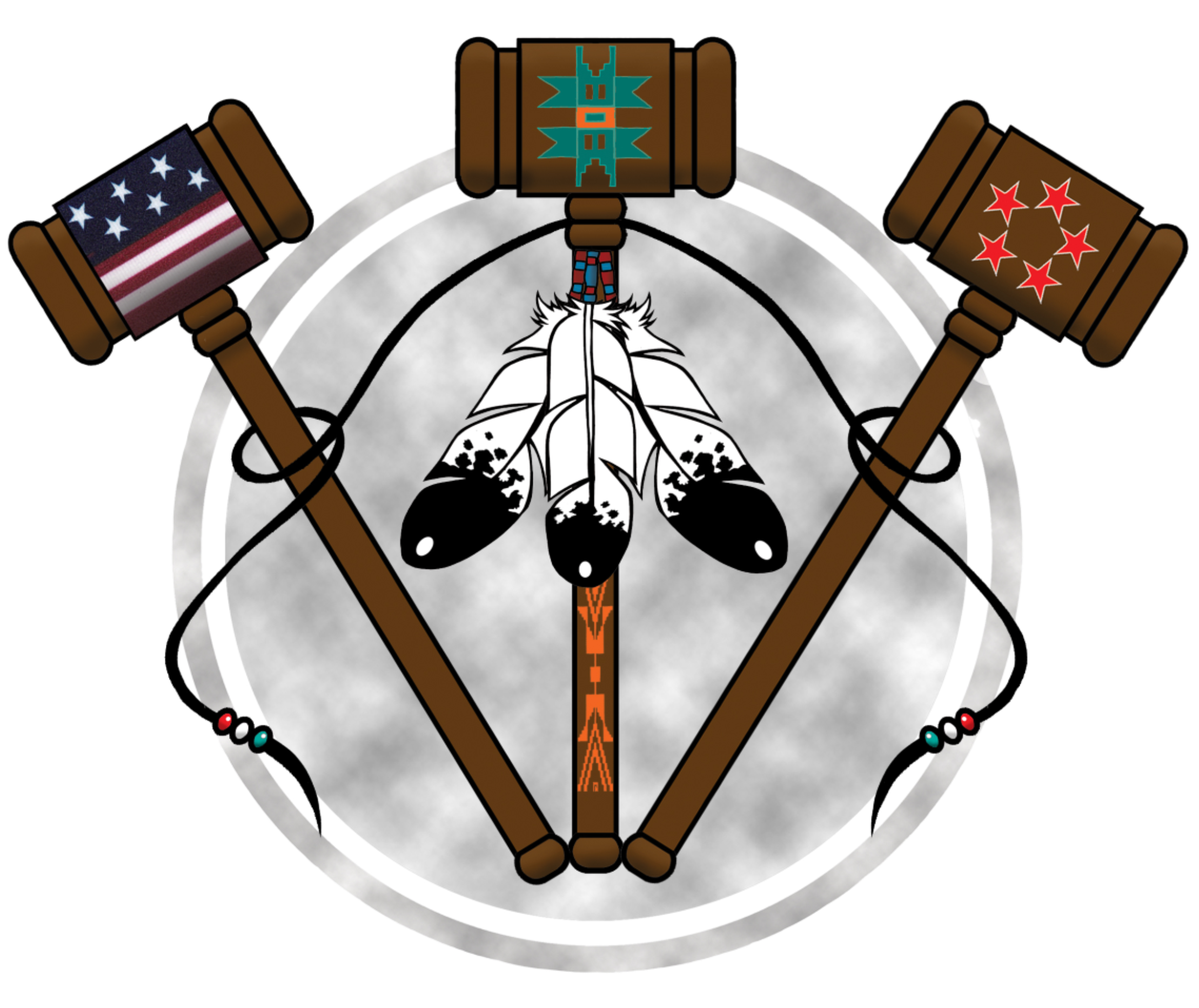The Tribal Law and Policy Institute is pleased to announce three new publications in our VAWA 2022 Tribal Criminal Jurisdiction Series

1. Judicial Qualifications for Tribal Court Judges: VAWA 2022 Tribal Criminal Jurisdiction Series
The Tribal Law and Order Act of 2010 (TLOA) and the Violence Against Women Reauthorization Act of 2013 (VAWA 2013) amended the Indian Civil Rights Act (ICRA) to impose qualification requirements on tribal court judges presiding over the prosecution and sentencing of certain cases. In two circumstances this exists: (1) when a tribal court prosecutes a non-Indian defendant (under VAWA 2022’s Special Tribal Criminal Jurisdiction) and the defendant faces the possibility of incarceration or (2) when a tribal court sentences any defendant to greater than one year imprisonment (under TLOA’s Enhanced Sentencing Authority), the presiding judge must meet two requirements proscribed by Federal law:
(1) have “sufficient legal training to preside over [a] criminal proceeding[],” and
(2) be “licensed to practice law by any jurisdiction in the United States.”
This publication focuses on the first requirement, that a judge presiding over a criminal case involving a non-Indian defendant (or presiding over a TLOA Enhanced Sentencing Authority case) have “sufficient legal training to preside over criminal proceedings.”

2. Victim’s Rights: VAWA 2022 Tribal Criminal Jurisdiction Series
This publication explains the importance of crime victim’s rights codes, the key rights that are often included, and provides some examples of existing Tribal code provisions. The Tribal Law and Order Act of 2010 (TLOA) and the Violence Against Women Reauthorization Act of 2013 (VAWA 2013) and 2022 (VAWA 2022) focus on the scope of Tribal jurisdiction and require certain due process protections for defendants in Tribal courts. Even though it is not required by Federal law, Tribes who are implementing these laws should also consider enacting Tribal laws that protect and provide a voice to victims of crime in Tribal communities if these laws are not already in place.

3. Fair Cross Section and Tribal Jury Composition: VAWA 2022 Tribal Criminal Jurisdiction Series
This publication explores the origins and implications of the fair cross-section requirement, drawing on relevant Federal jurisprudence, particularly the landmark U.S. Supreme Court case Duren v. Missouri. It also addresses some of the practical challenges tribes face in defining their communities and assembling representative jury pools. By examining these legal frameworks and practical considerations, this publication provides guidance to Tribal governments about how they can effectively implement the jury provisions of VAWA 2013 while maintaining fairness and upholding community values.
For further information concerning VAWA 2022’s Special Tribal Criminal Jurisdiction, please see Tribal Criminal Jurisdiction over Non-Indians: Violence Against Women Act Reauthorization of 2022, a publication that provides general guidance to assist Tribes in making an informed decision concerning the possible exercise of Tribal criminal jurisdiction over non-Indians, and www.TribalVAWA.org, an extensive online resource concerning VAWA 2022’s Special Tribal Criminal Jurisdiction.
For further information concerning TLOA’s Enhanced Sentencing Authority, please see Enhanced Sentencing Authority: Tribal Law and Order Act, a publication that provides an overview of enhanced sentencing authority under the Tribal Law and Order Act.
